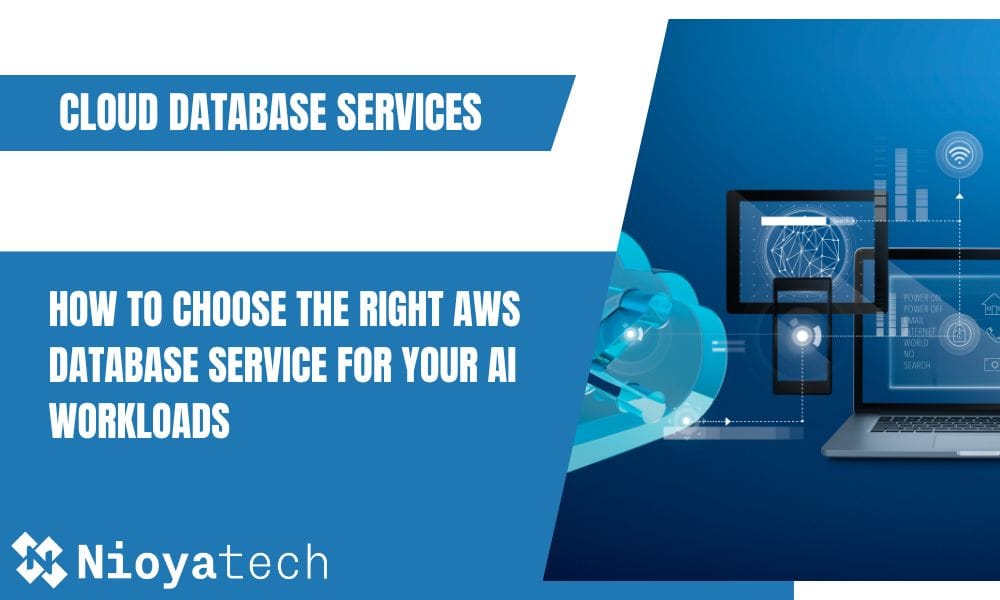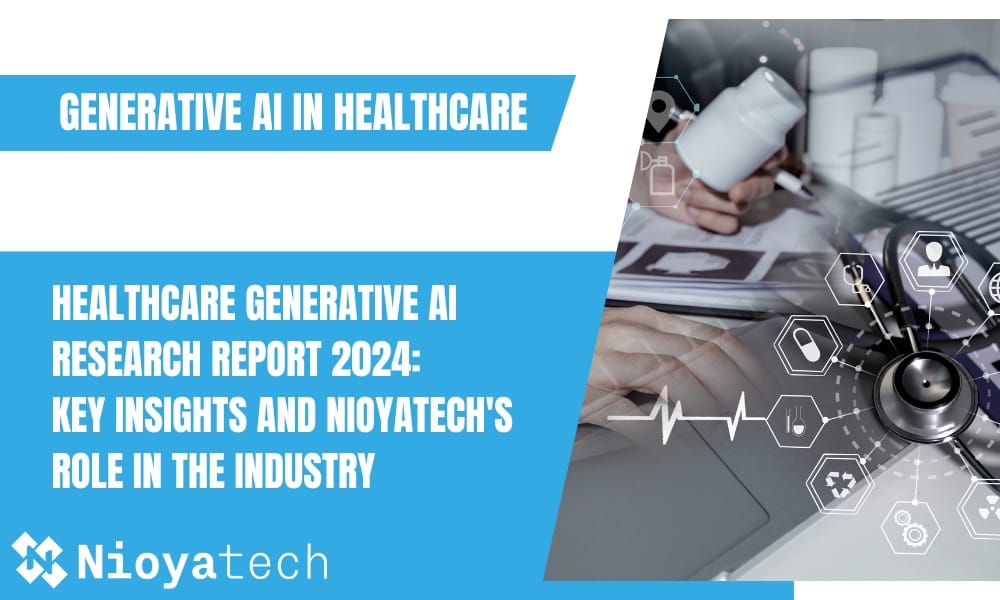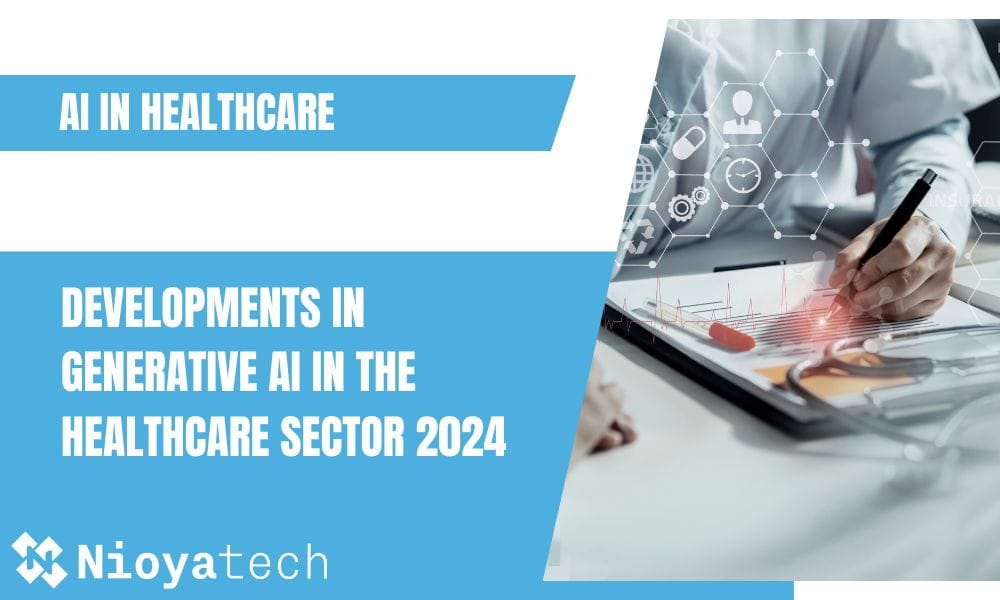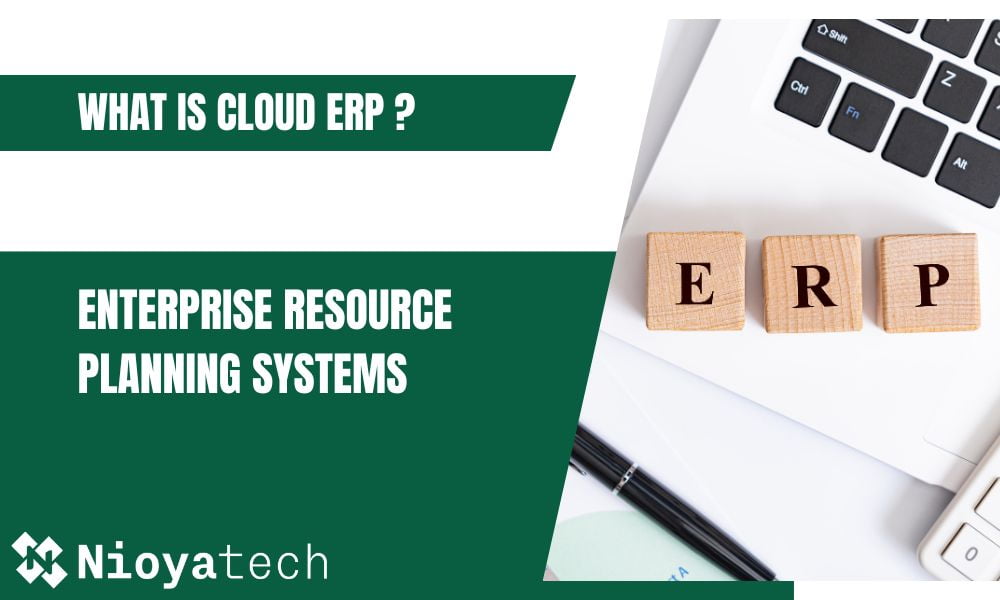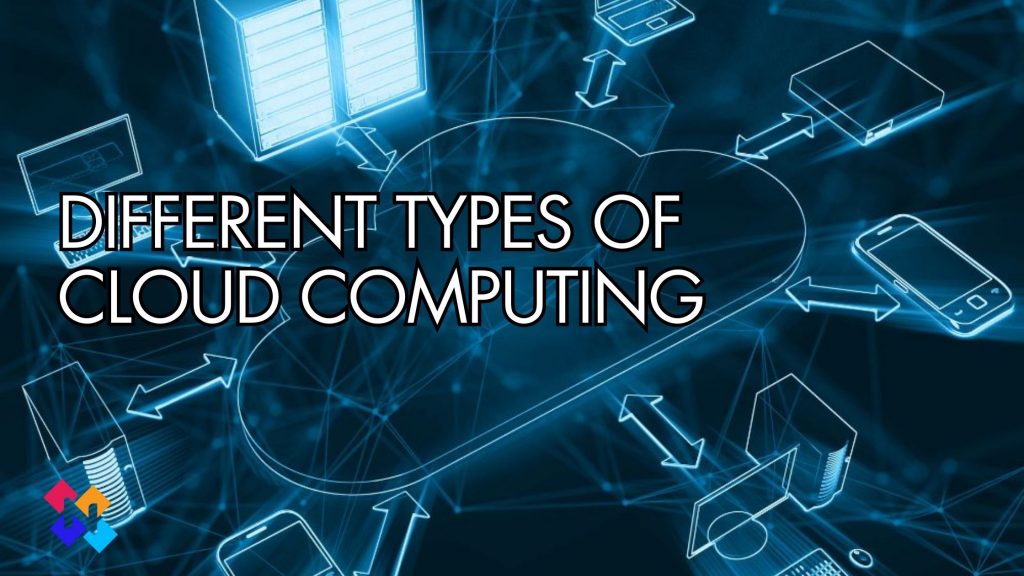There has been a significant shift in the enterprise resource planning (ERP) industry that is changing the way companies handle their most fundamental operations. The term “Cloud ERP” describes this revolutionary force, which moves away from on-premises systems in favor of the digital age’s openness, scalability, and adaptability. Cloud ERP advances in a new era in which businesses use technology better to streamline processes, make better decisions, and grow.
Cloud ERP significantly challenges the ownership model of software and hardware infrastructure. Instead, it ushers in a service-oriented methodology, often known as Software-as-a-Service (SaaS) Enterprise Resource Planning, in which subscription-based use takes the place of outright purchase. This change provides a more cost-effective and versatile option for organizations by doing away with the need to make large initial investments in hardware and software.
In this article, we’ll talk about Cloud ERP and how it helps businesses adapt to the changing needs of the internet age by using the latest technologies. We will also discuss its significance, its influence on companies of all sizes, and the role it plays in encouraging creativity and productivity in the workplace of today.
What is ERP?
Enterprise Resource Planning (ERP) is a powerful tool for businesses, organizing important information and functions like planning, and budgeting. It streamlines daily activities, ensures accurate data collection, and provides a reliable communication system for all business parts, reducing confusion and errors. ERP systems are essential for maintaining business efficiency and safety.
The phrase ‘enterprise resource planning’ (ERP) made its debut in the 1990s, representing a revolutionary category of software designed to orchestrate and mechanize the full spectrum of business processes spanning a company’s operations, from the intricacies of finance to the intricacies of sales and manufacturing.
In its nascent years, ERP systems found their homes on the premises of organizations deployed on clients’ servers within the confines of their data sanctuaries. Yet, as the 2000s unfolded, a disruptive force emerged: cloud ERP, heralding a transformative epoch.
How Does Cloud ERP Work?
Cloud ERP is a specific type of SaaS application where the software is focused on managing an organization’s core business processes.
Cloud computing provides the hosting environment for cloud ERP systems. This implies that the ERP software and data are housed on the servers of the cloud service providers, rather than the organization’s own servers and data centers. This reduces the company’s hardware and upkeep costs.
Cloud ERPs are designed with versatility in mind, offering accessibility to users via mobile devices or desktop computers. They encompass a comprehensive suite of business applications meticulously crafted to ensure the smooth operation of your business, placing an unwavering focus on enhancing customer experiences and driving profitable outcomes.
The scalability of cloud-based ERPs is virtually boundless, empowering your team to access mission-critical information from any corner of the globe, whether it be a customer sales meeting, a remote worksite, or the comfort of a home office. The paramount importance of secure remote access cannot be overstated, especially in the post-COVID business landscape, where a growing number of professionals work from the confines of their homes and various remote locations.
Cloud ERP Example
Here is the list of cloud-ERP examples:
TYASuite ERP
TYASuite ERP provides an extensive toolkit designed to streamline operations, encompassing everything from production coordination to financial management, billing, order management, and supply chain oversight. This expansive suite of services has proven invaluable to businesses of all sizes, solidifying its status as one of the most seamlessly integrated ERP platforms available today.
Scoro
Scoro primarily functions as a project management ERP, facilitating the harmonization of diverse work processes through its suite of work management tools. These tools extend to encompass invoicing, comprehensive currency support, and various financial modules. Scoro also extends its reach into customer relationship management (CRM), empowering businesses to supercharge their sales efforts while leveraging data-rich reporting and analytics to fine-tune their sales and marketing strategies.
Oracle ERP Cloud
Within the realm of global cloud ERP providers, Oracle ERP stands out with its flexible pricing strategy, offering businesses the freedom to pay solely for the services they utilize, precisely when they need them.
SAP ERP
SAP ERP is renowned for its reliability and enduring legacy. It delivers consistent financial and accounting solutions, complemented by robust sales and CRM functionalities. SAP ERP further enriches its repertoire by including modules for human resources, supply chain management, procurement, and billing. This holistic approach allows businesses to tackle various facets of their operations from a unified and intuitive dashboard, enhancing overall efficiency and productivity.
Cloud-based ERP Software Benefits
Cloud-based ERP systems offer numerous benefits for organizations of all sizes and industries. Cloud ERP basically eliminates the need for substantial upfront investments in hardware and software infrastructure. Instead, organizations pay for the services they use on a subscription basis. The 9 key benefits of of Cloud-based ERP systems include:
Continuous Innovation
Businesses are increasingly turning to cloud ERP software to fuel continuous innovation. This shift isn’t just about enhancing financial and accounting practices; it’s a broader transformation that revitalizes operations across the entire organization. Cloud ERP systems can extend their influence beyond the company’s walls, fostering collaboration with partners and networks.
Lower Costs
Embracing a subscription-based service model eliminates the need for hefty upfront investments in hardware or ERP software. Moreover, ongoing IT and related staff costs are significantly reduced as the responsibility for upgrades and maintenance shifts to the provider. These cost savings are particularly noteworthy in public cloud ERP deployments.
Simplicity and Automation
Modern cloud ERP platforms empower companies to consolidate disparate legacy applications, establish standardization, and seamlessly integrate both existing and novel applications. This eradicates the reliance on disconnected systems. Additionally, it simplifies workflows and introduces intelligent automation, ushering in newfound efficiencies throughout the organization.
New Functionality
Cloud ERP vendors continually roll out fresh functionality and application enhancements to all their clients through regular updates and multiple major releases each year. This democratized approach ensures that you’re never left waiting for a vendor to update your custom ERP system. Clients can even influence the development roadmap by highlighting similar requirements. The result? A more responsive and faster-paced innovation ecosystem.
Real-time Insights
Modern cloud ERP systems are architected to unleash the power of Big Data, granting access to insights hidden within vast and intricate datasets. While legacy ERP systems offer reporting tools, they pale in comparison to the integrated, real-time analytics offered by the cloud. These analytics are pivotal for informed decision-making, enabling the identification of trends, prediction of changes, and automation of processes. The result? Enhanced resource utilization and vastly improved customer service.
Intelligent Technologies
Modern SaaS ERP solutions are incorporating intelligent technologies to supercharge productivity. This includes harnessing the capabilities of artificial intelligence (AI), machine learning, robotic process automation (RPA), and the Internet of Things (IoT). These technologies introduce efficiency, agility, and real-time status monitoring, transforming how businesses operate.
World-class Security
Cloud ERP systems offer world-class security, data backups, and disaster recovery. These aspects are managed by dedicated teams of professional security experts. Cloud vendors boast top-tier data security measures, minimizing the risks associated with security breaches. This is in stark contrast to the vulnerability often observed in on-premise systems and the complexities arising from multiple vendor integrations.
Fast Implementation
Deploying a cloud ERP system is notably faster than its on-premise counterpart. SaaS suppliers handle hardware and software installations, backed by teams with expertise in data center management. Cloud ERP applications are designed for easy configuration, mirroring the user-friendly approach seen in consumer mobile apps. This accelerates the learning curve, boosts productivity, and empowers businesses to seize opportunities swiftly.
Scalability
Scalability is essential, especially in the face of unpredictable growth. SaaS ERP solutions offer a straightforward solution: the ability to effortlessly add additional computing power or data storage capacity when experiencing rapid expansion. This replaces the need for substantial capital expenses, providing a cost-effective approach to growth management.
Cloud ERP for Small Business
In today’s business landscape, ERP solutions are no longer exclusively reserved for large corporations. The adoption of cloud-based ERP systems has made it increasingly accessible and advantageous for small businesses. These systems empower small business owners to closely monitor their growth trajectories and pinpoint operational inefficiencies with precision.
The realm of cloud ERP tailored for small businesses is subdivided into distinct modules, each engineered to serve specific functions. These modules encompass various aspects of business operations, including:
Accounting and Finance: Ensuring meticulous financial management.
Human Resource Management: Streamlining HR processes and workforce management.
Customer Relationship Management (CRM): Enhancing interactions with customers and fostering lasting relationships.
Inventory and Warehouse Management: Efficiently overseeing stock levels and warehouse operations.
Project Management: Enabling effective project planning, tracking, and execution.
Material Requirements Planning: Optimizing resource allocation and procurement.
Small business owners can choose specific modules that match their company’s needs. For example, a small-scale manufacturing entrepreneur might select modules focused on inventory management and material requirements to strengthen their ERP system and enhance operational capabilities.

